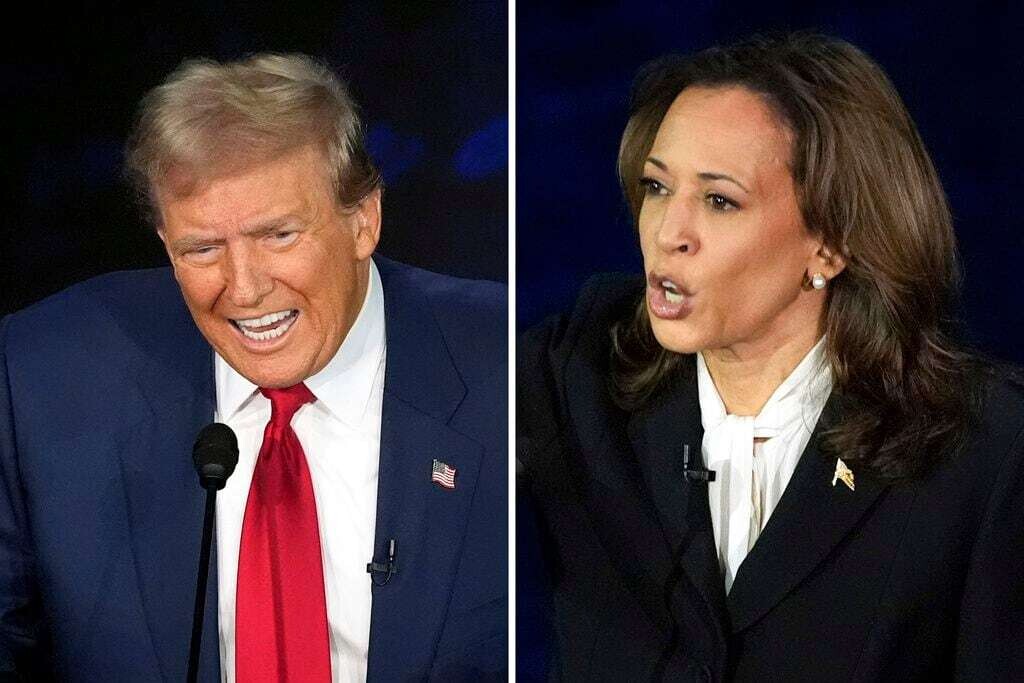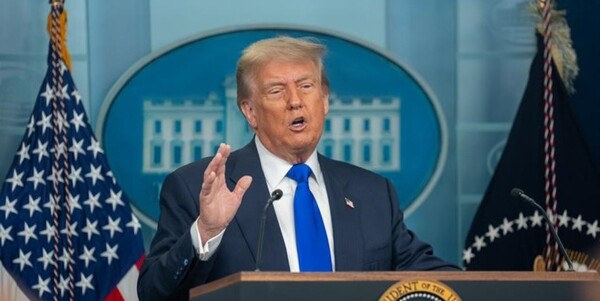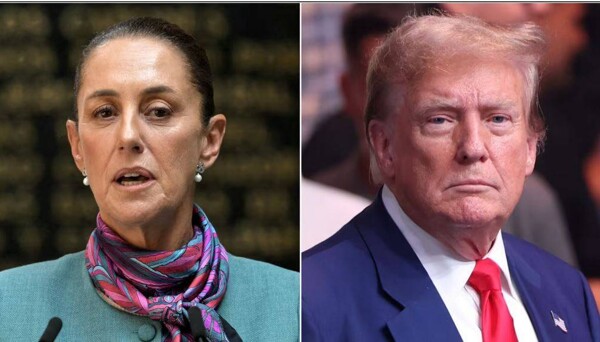
The electoral day in the United States is coming to an end and important changes in foreign policy are approaching, marked by radicalism and polarization in society and among presidential candidates. In this context, Mexico is considered the uncomfortable neighbor of the U.S., facing an urgent need for security and development in the southern border, rather than walls.
The lack of dialogue and political agreements both nationally and internationally has strained the political atmosphere. U.S. candidates' speeches now address the southern border, indicating a possible change in focus regarding the bilateral relationship. Whomever the winner is, a new hardline and conservative political approach is expected.
On its part, constitutional reforms in Mexico, especially in the judicial and autonomous bodies, have generated confrontations and tensions. Amid uncertainty, the country heavily relies on its northern trading partner, exposing it to potential protectionist measures. The possibility of a wall on the southern border to contain migration and tackle regional issues looms.
The next Mexican government faces a complex situation, with challenges in national security and economics. The threat of a protectionist approach, changes in the USMCA, and stricter immigration policies pose significant challenges. In light of this landscape, the importance of political dialogue, judicial reform, national unity, and international cooperation is emphasized to tackle these challenges collectively.
In summary, with the conclusion of this electoral stage and the possible victory of Trump or Kamala in the U.S., global power dynamics may experience significant changes. It is crucial to prepare for complex scenarios and promote strategies for security, development, and dialogue to strengthen the relationship between both countries and ensure a stable and prosperous future in the region. Walls are not the solution.














